We feel for you. Almost everybody loves corn, but nobody wants a flare up in their big toe!
Gout is a form of arthritis caused by uric acid buildup in the body, and it can be a debilitating condition. A common question among those who suffer from gout or are at risk of developing it is, “Is corn bad for gout?”

In this article, we take an in-depth look at the research examining corn’s potential benefits and risks for people with gout. We also discuss the differences between natural and genetically modified (GMO) corn when it comes to health.
What Does the Research Say?
According to a 2016 study published in the journal Nutrients, eating legumes like corn may increase your risk of developing gout.
The authors concluded that “a higher intake of legumes was associated with a higher risk of incident gout.” They found that consuming more than three servings per week of legumes was linked to a greater risk of developing gout than consuming fewer than two servings per week.

However, other research suggests that natural, organic corn, as opposed to GMO corn found in most processed foods, may have health benefits for people suffering from gout or at risk for developing it.
One study found that consuming organic corn could reduce uric acid levels in the body and thus help prevent gout flares.
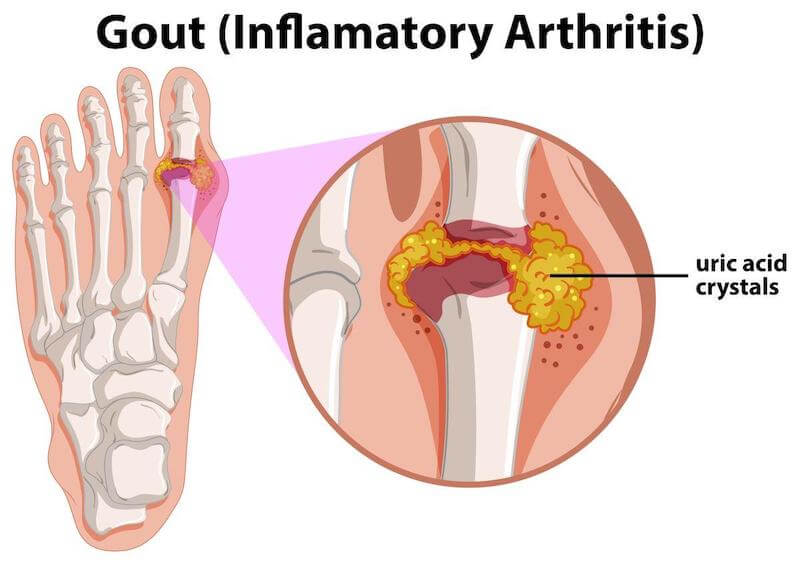
Additionally, organic corn is high in vitamins and minerals such as vitamin B12, iron, magnesium, zinc, copper, and phosphorus, which are essential for good overall health.
It’s important to note that GMO (genetically modified organism) corn is much different health-wise than organic or naturally grown corn.

We should eat food as close to nature as possible, not change our food into something that did not come from nature. There will be health consequences for changing the DNA structure of our food.
GMO crops have been altered through genetic engineering to withstand certain types of herbicides or produce their own insecticides, which can be harmful to humans if ingested in large amounts over long periods of time.

When an insect eats GMO corn, their stomachs/innards explode. Imagine that humans may experience the same thing on a much lesser scale, the damage just takes longer. Some people who have digestive issues from a poor diet may be experiencing the negative effects of GMO food on their system.
If you are concerned about the safety of GMO foods, choose organic varieties whenever possible to limit your exposure to potentially harmful chemicals or pesticides.
9 best items to consume if you have gout
Oily Fish: Salmon, herring, and mackerel are rich in omega-3 fatty acids, which have anti-inflammatory properties that may reduce gout symptoms.
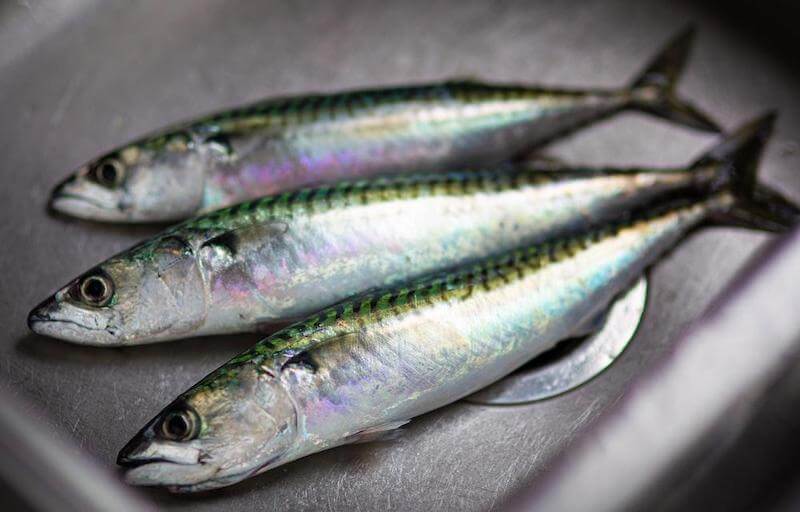
Fresh fruits and vegetables:
- Apples
- Berries
- Cherries
- citrus fruits
- cruciferous vegetables such as broccoli and Brussels sprouts

melon
peppers
leafy greens
These fruits and veggies are all good sources of vitamin C and other nutrients with antioxidant benefits, which can help fight inflammation.

Whole grains: foods such as quinoa, oats, barley, and brown rice are rich in fiber, which has been linked to lowering levels of inflammation associated with gout flares.
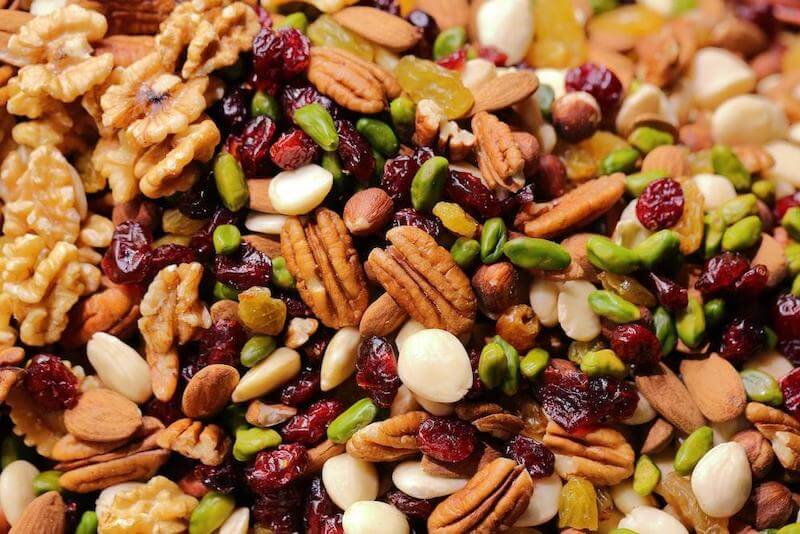
Nuts and seeds: Almonds, walnuts, chia seeds, and flax seeds provide essential vitamins, such as magnesium, plus healthful fats that reduce inflammation in the body.
Legumes: Beans are a great source of protein without the saturated fats found in many meats, but they also have fiber to control blood sugar levels that might cause an attack of gout if they get too high.
Water: Staying hydrated can help lessen gout flare-ups or avoid them entirely.

Turmeric: The active compound curcumin found in turmeric has been known for its powerful anti-inflammatory properties for centuries that help reduce pain associated with joint conditions like gout. Try it in a golden ginger drink.
Garlic: The sulfur compounds found in garlic act on enzymes that break down arachidonic acid into inflammatory compounds, helping to reduce inflammation associated with flare-ups from gout. Taking a daily garlic supplement when you want to avoid gout flare-ups is a good idea.
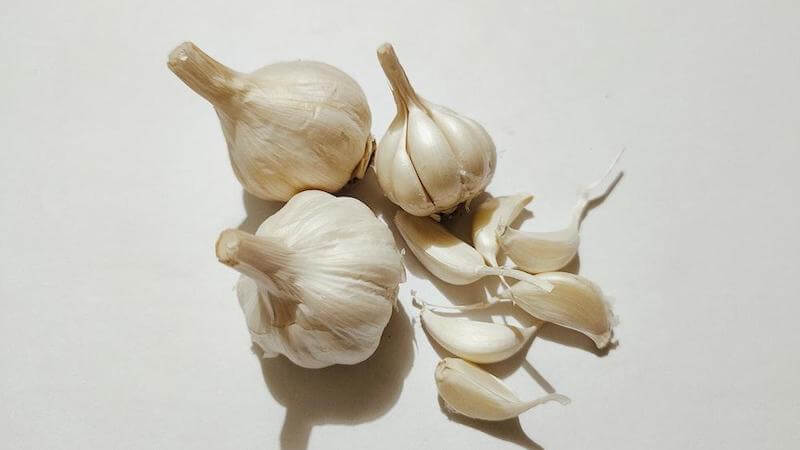
Ginger: Ginger contains gingerol, which is known to possess strong anti-inflammatory properties, helping to reduce swelling caused by a gout attack. Try to incorporate ginger into your diet on a daily basis. It’s easy if you find a few recipes that you like:
Butternut squash with sweet ginger soup
Grate some into your cranberry beverage for a ginger flavor twist like in cranberry gingerale, or make a cup of warm golden ginger.
Dr Janine Bowring, ND
Dr Janine Bowring talks about the foods to stay away from in her video titled,
The Worst Foods To Eat If You Have Gout
9 foods to avoid if you have gout
Organ meats—liver, sweetbreads, and kidneys—are high in purines, which can cause an increase in uric acid levels, leading to a gout flare-up.
Alcohol: Drinking beer and hard liquor can raise the body’s uric acid levels very quickly, so it is best to limit consumption or completely avoid alcohol if you suffer from gout.

Sugary drinks: soda, energy drinks, sports drinks, and fruit juices can all lead to increases in blood sugar and uric acid levels, making them potent triggers for a gout attack.

Red Meat: Pork, beef, lamb, and other red meats are very high in purines, so they should be avoided if possible when suffering from gout.
Fried Foods: Fried foods such as French fries contain saturated fats that may trigger gout flares when consumed regularly.
Processed Foods: Processed deli meats like ham and salami may contain higher amounts of purines, leading to increases in uric acid production, which could result in a flare-up of symptoms related to gout.
Refined Grains: White flour products like white bread or pasta should be avoided as much as possible since they can spike sugar levels, resulting in increased uric acid production and flare-ups from gout.

Shellfish: lobster, crabs, mussels, clams, oysters, and shrimp should be avoided since they are all very high in purines, which can contribute to uric acid buildup and trigger a painful attack associated with this condition.
Artificially Sweetened Beverages: Diet sodas, sports drinks, teas, or juices containing artificial sweeteners have been linked to
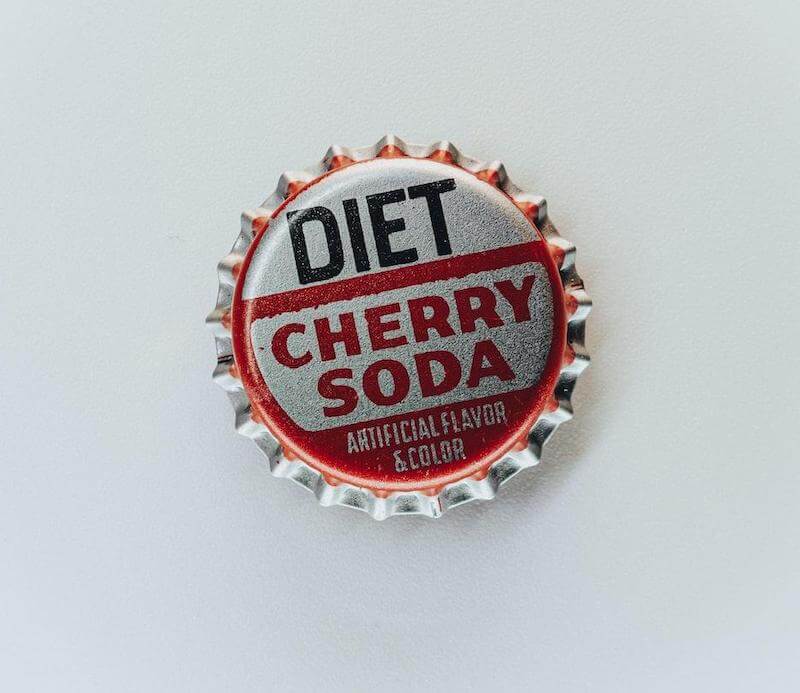
increasing the risk of developing severe gout flares due to their effects on insulin levels.
Concluding thoughts: “Is corn is bad for gout?”
When it comes to answering the question “Is corn bad for gout?” there isn’t a simple yes or no answer as it depends on several factors, including whether you consume GMO versus naturally grown varieties and how often you eat legumes such as corn.
Considering that most products that contain corn these days do not use organic corn, and are often GMO, it is best to avoid processed corn if you have gout, and even if you do not have gout.
It’s important to consult with your doctor before making any changes to your diet if you suffer from or are at risk for developing gout.
We hope you feel better soon!
More from thewellthieone.com
The links used on thewellthieone.com are affiliate links, which may provide a small commission. This does not increase the price of the goods for the consumer whatsoever. What it does is ensure that useful content like this can continue to be produced. Thank-you for enjoying our content and allowing us to continue to provide more.







